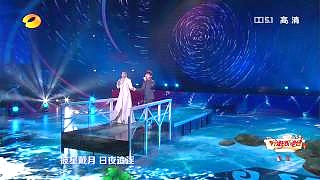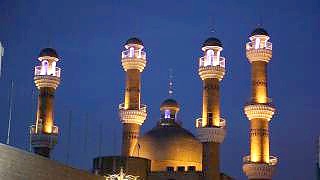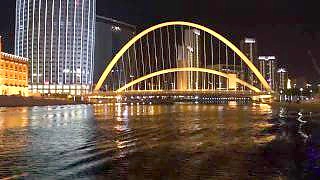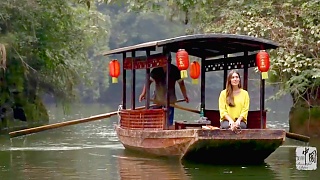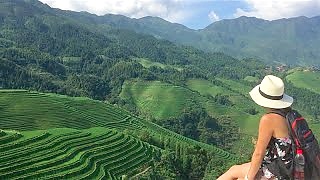Not the rise of, just the return.
A talk by Australian Malcolm Turnbull ...
[640],shadow=true,start=,stop=A comment re defense spending - per capita (person), China is not even in the top 15 -
https://en.wikipedia.org/wiki/List_of_countries_by_military_expenditure_per_capita
Defense spending is in fact very small considering the size of the country.
 The Return of China
The Return of China











